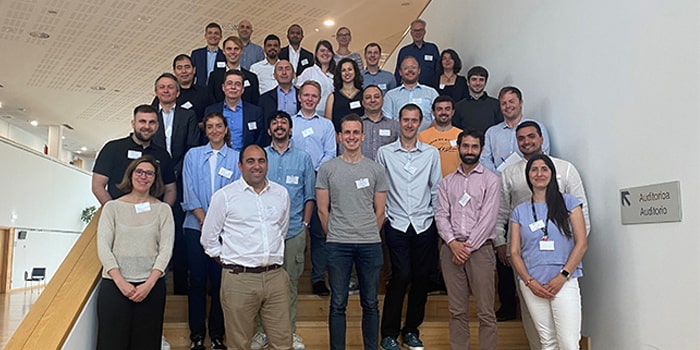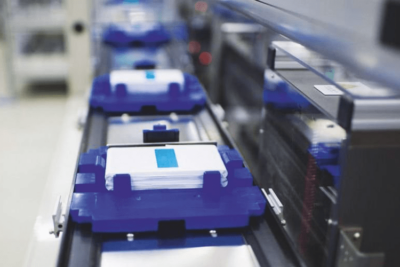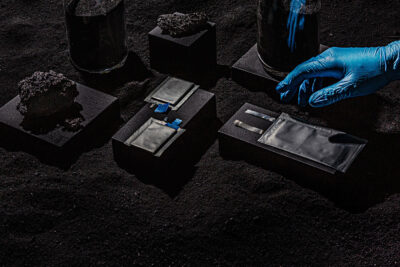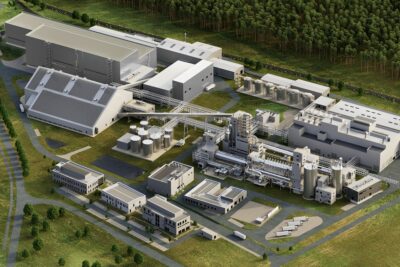EU project ‘GIGABAT’ to analyze battery supply chains
This month, the EU-funded GIGABAT project will launch, running until the end of 2026. The project, led by Cidetec Energy Storage, aims to strengthen the EU’s battery cell manufacturing industry and its value chain.
Other goals of the project, according to the Spanish company Cidetec, are to involve key players in the battery industry in the development of lithium-ion cells known as “GEN3b” with nickel-rich cathodes and silicon-based anodes. This “large-scale value chain” aims to expand Europe-wide production capacity from the current 60 to 900 GWh by 2030. By bringing together so many partners, the aim is to enable an “environmentally friendly transition” that “minimises emissions, optimises battery performance and costs, and ensures circularity”.
Among others, Volkswagen’s battery subsidiary PowerCo, the French battery start-up Verkor, the German machinery and equipment manufacturer Manz (known in the battery industry for cell contacting systems, among other things), the equipment manufacturer Comau, which belongs to the Stellantis Group, and the Technical University of Braunschweig are involved in the project.
The involvement of the equipment manufacturers, in particular, makes it clear: GIGABAT is not only about becoming less dependent on Asia (and above all China) for the development of cells and the sourcing of raw materials, but also about “achieving technological and industrial independence”, as the somewhat unwieldy Cidetec announcement puts it. In other words, machines that are entirely developed and built in Europe are to enable European industry to take a leading position in production and the efficient use of resources.
On the other hand, the project aims to promote cooperation between cell manufacturers on an industrial scale, battery processing equipment manufacturers, material suppliers and grid energy suppliers. The aim is to implement sustainability and efficiency standards for the flow of materials and energy throughout the production chain. “Some of the topics to be investigated will be the environmental impact of different machines, production line configurations and factory layouts to suggest best practices,” says Cidetec Energy Storage.
According to the Technical University of Braunschweig, the total project volume is more than 10.8 million euros, of which about 1.5 million euros is grant money. In its own statement, Comau says it will contribute its battery cell forming technology to the project. This is intended to recover energy in the form of excess heat and electricity generated during the intensive cell activation process, which lasts several days. This should enable “savings of up to 20 per cent in electrical and thermal energy compared to similar solutions” available on the market, Comau wrote.
cidetec.es, tu-braunschweig.de (in German), comau.com





0 Comments